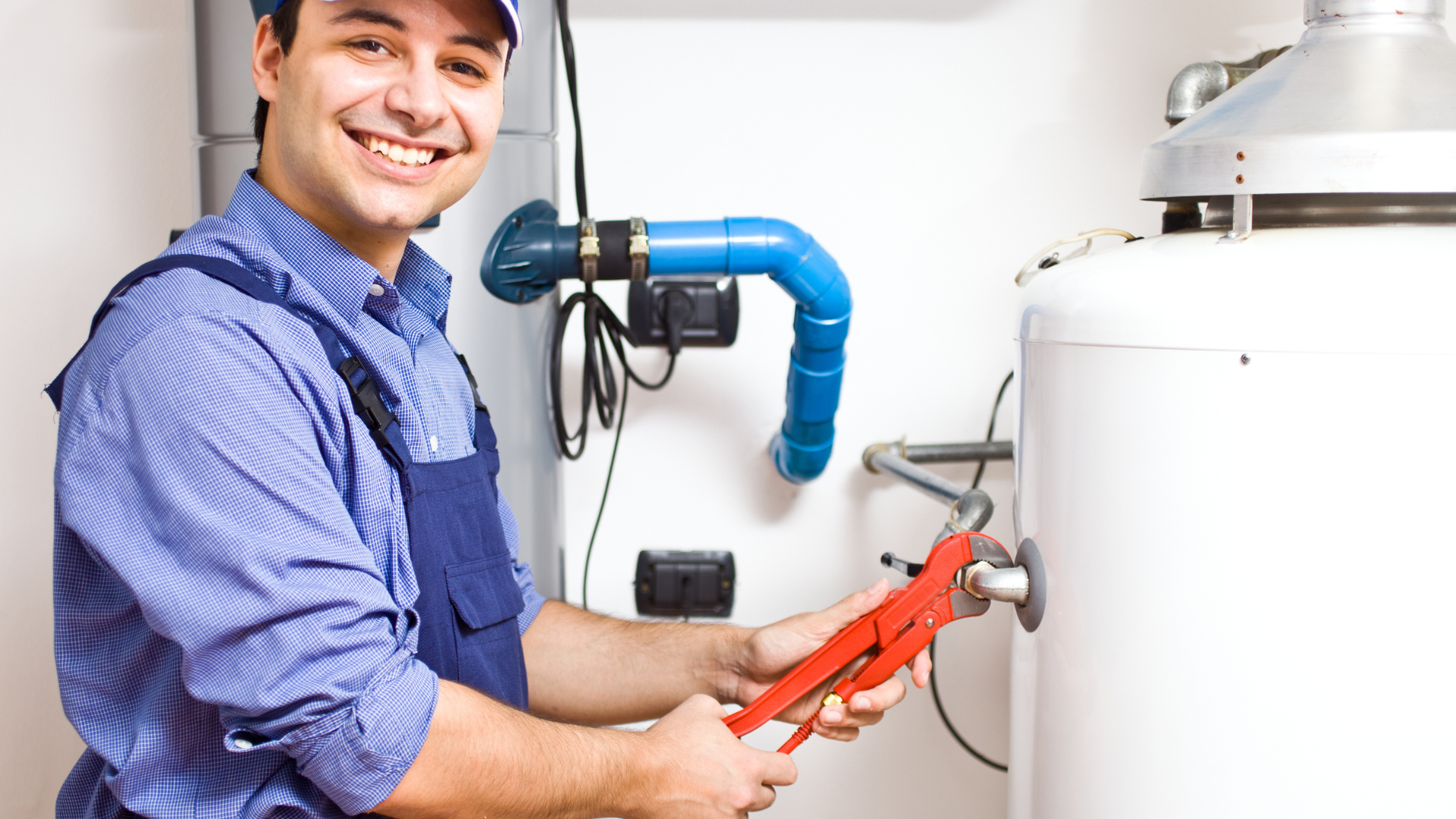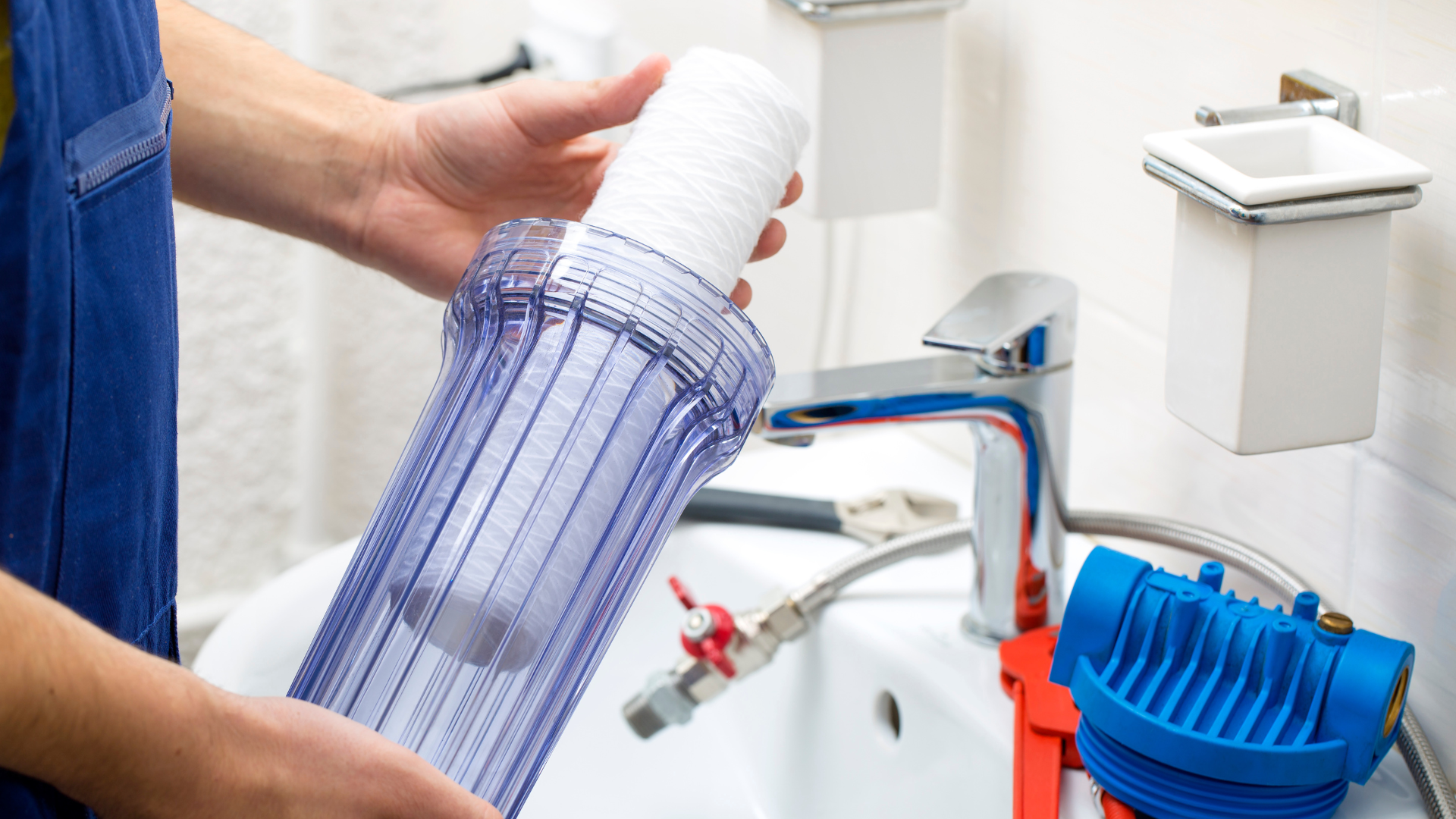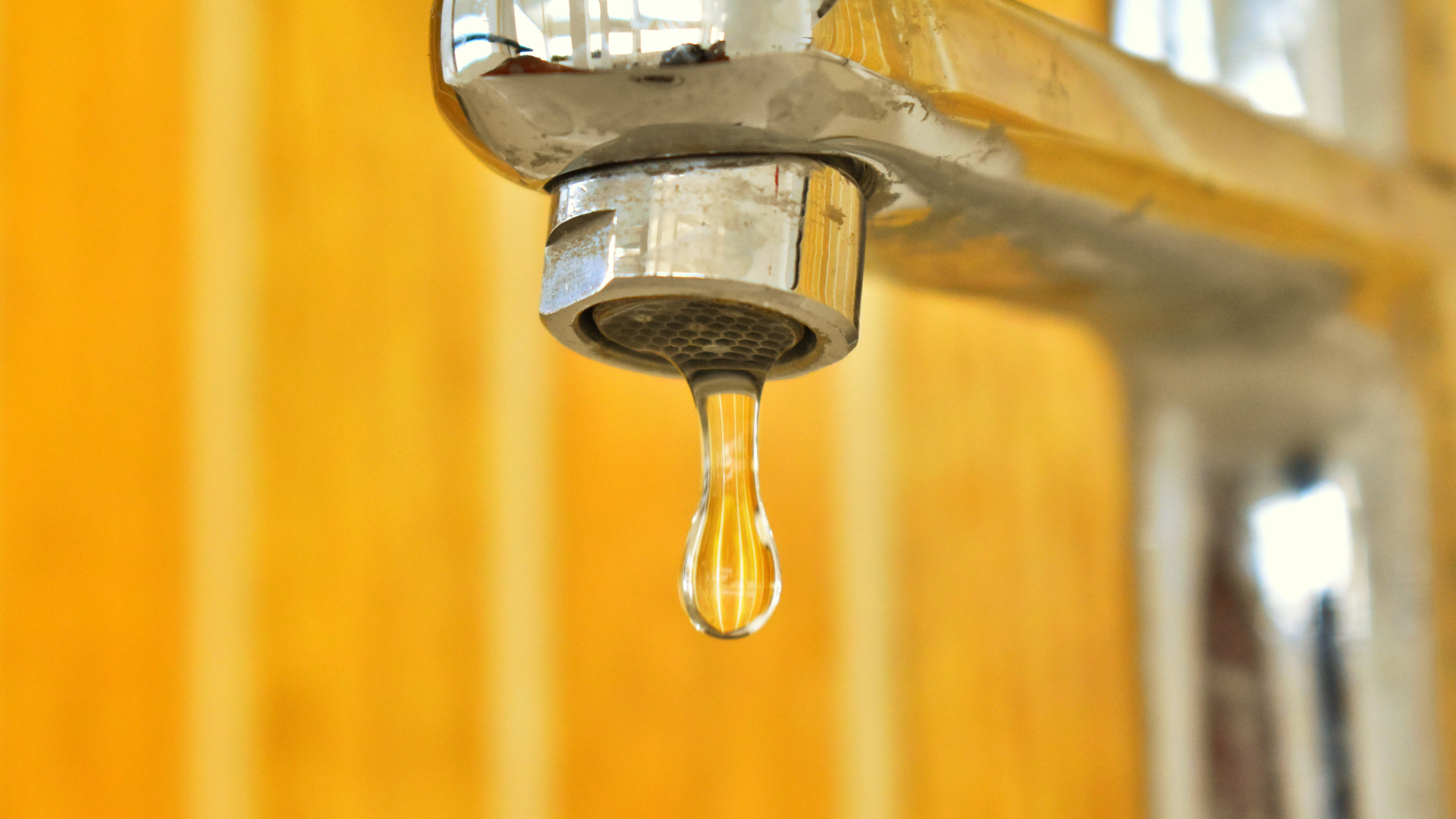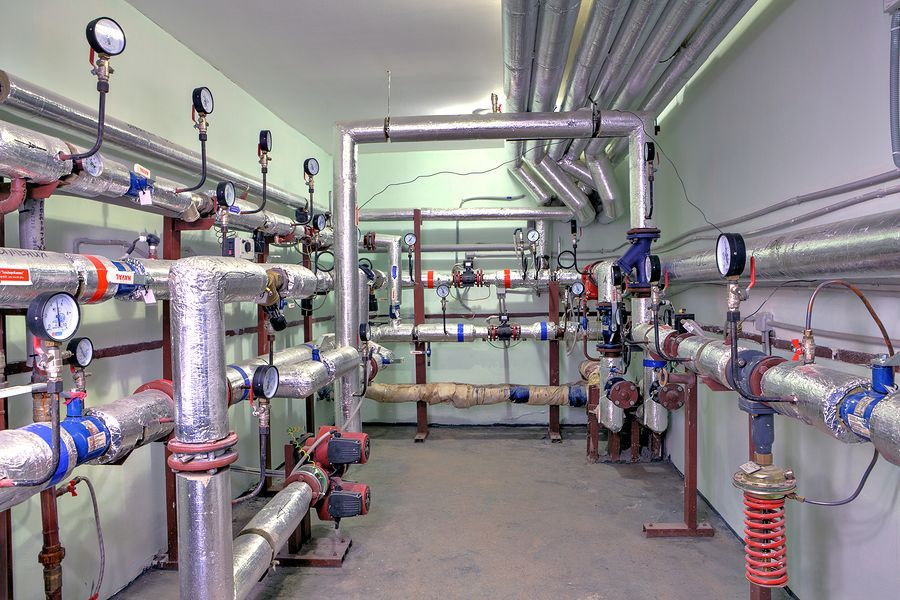Water Heaters 101: Maintenance, Repair, and Replacement Tips for Homeowners
A water heater is one of the most important appliances in any home, providing hot water for daily tasks like showering, washing dishes, and doing laundry. However, like any home appliance, water heaters require regular maintenance and occasional repairs to ensure optimal performance. Over time, wear and tear can cause them to malfunction or even fail entirely, leading to costly repairs or replacements. In this article, we’ll explore the essentials of water heater maintenance, signs that indicate a need for repair, and when it might be time to replace your unit. By understanding these critical aspects, homeowners can save money, avoid inconvenient breakdowns, and enjoy reliable hot water for years to come.

Water Heater Maintenance: Why It's Crucial
Regular maintenance is the key to ensuring your water heater runs efficiently and lasts as long as possible. Just like other home appliances, water heaters require periodic check-ups to maintain peak performance.
Common maintenance tasks include flushing the tank to remove sediment buildup, inspecting the anode rod to prevent corrosion, and checking the thermostat settings. Sediment can accumulate over time, reducing heating efficiency and causing the water heater to work harder, which can lead to premature failure. The anode rod, made of magnesium or aluminum, helps protect the tank from rust and corrosion, but it needs to be replaced every few years to remain effective.
Neglecting these routine maintenance tasks can lead to bigger problems down the line. Homeowners may experience inconsistent water temperatures, increased energy bills, or even a complete breakdown of the unit. A little preventive care can go a long way in extending the life of your water heater.
Signs That Your Water Heater Needs Repair
Water heaters don’t always fail suddenly—many signs indicate that something is wrong long before a complete breakdown occurs. Recognizing these issues early can help prevent more costly repairs or the need for a full replacement.
Some common signs that your water heater may need repair include:
- Leaking Water: If you notice water pooling around your water heater, this could indicate a leak. Leaks often occur due to corrosion or a failing valve and should be addressed immediately to avoid water damage.
- Unusual Noises: Rumbling or popping noises coming from your water heater may be a sign of sediment buildup inside the tank. This can cause the heating element to overheat, potentially damaging the unit.
- Inconsistent Water Temperature: If the water temperature fluctuates unexpectedly or you run out of hot water more quickly than usual, it might be time for a professional inspection.
- Discolored Water: If your hot water looks rusty or dirty, it could indicate sediment buildup or corrosion in the tank.
- Foul Odor: A rotten egg smell can indicate bacteria growth inside the water heater, which typically occurs in tanks that are not used frequently.
If you notice any of these symptoms, it's important to call a professional for a thorough inspection and repair. Ignoring these problems can lead to further damage and higher repair costs.
Water Heater Replacement: When Is It Time?
No matter how well you maintain your water heater, there comes a time when repairs are no longer cost-effective, and replacement is the best option. Here are some indicators that it’s time to replace your water heater:
- Age of the Unit: Most traditional water heaters last between 10 to 15 years. If your unit is approaching or exceeding this age, it may be more efficient and cost-effective to replace it rather than continue repairing it.
- Constant Repairs: If your water heater has required frequent repairs over the last few years, it might be a sign that the cost of continuing repairs outweighs the cost of a new unit.
- Inefficient Performance: Older units tend to be less energy-efficient, which can drive up your utility bills. If you find yourself paying significantly more for hot water than you used to, it may be time to upgrade to a more energy-efficient model.
- Water Quality Issues: If you experience recurring water quality issues, such as discolored or smelly water, it may be a sign that your water heater has rusted or corroded beyond repair.
When replacing a water heater, it’s essential to consider the different types available, such as tankless, solar, and traditional storage water heaters. Tankless water heaters, for example, offer the benefit of providing hot water on demand, eliminating the need for a bulky storage tank. Solar water heaters are an environmentally friendly option that can save homeowners money on energy bills in the long term. Consulting with a professional can help you choose the right model for your home and needs.
Maintaining a water heater is essential for keeping it running efficiently and extending its lifespan. Regular maintenance can help prevent costly repairs and ensure your unit is always in top condition. However, when repairs are no longer effective, and your water heater starts showing signs of aging, it may be time to replace it with a more energy-efficient model. Ready to upgrade or repair your water heater? Contact us today for expert advice and professional installation services to ensure your home stays warm and efficient!




